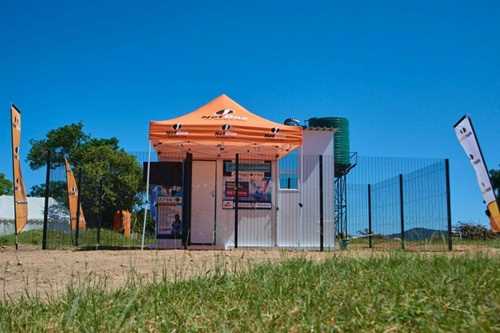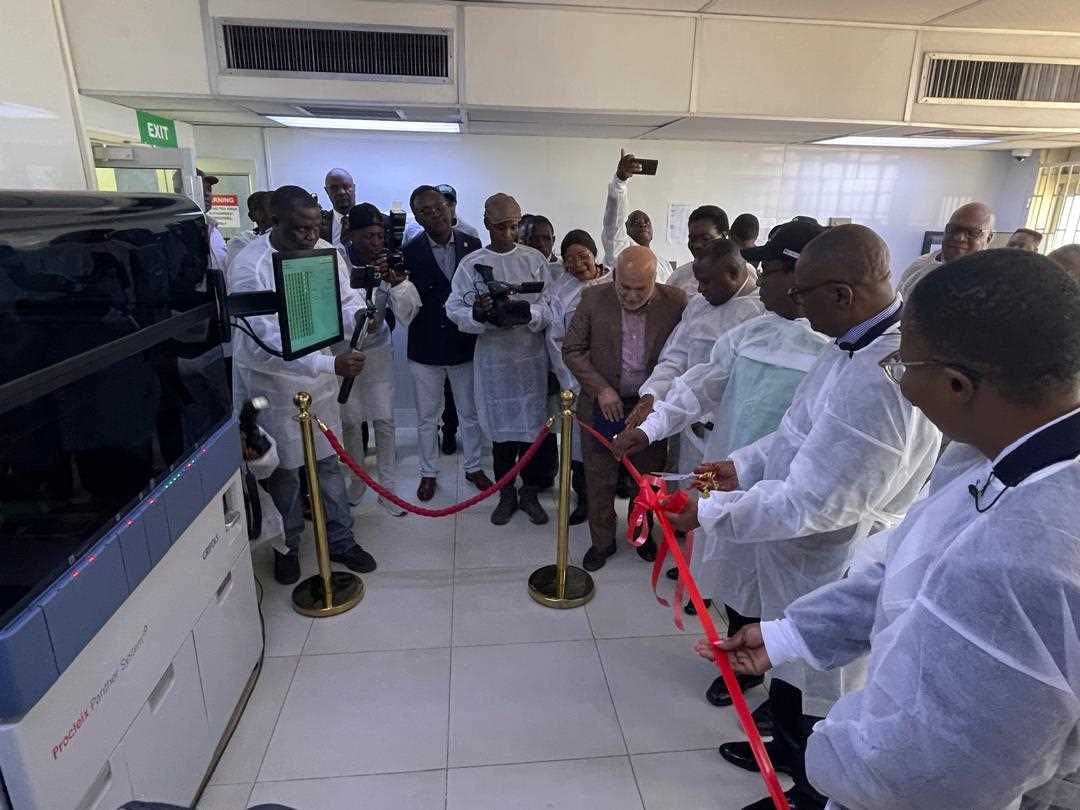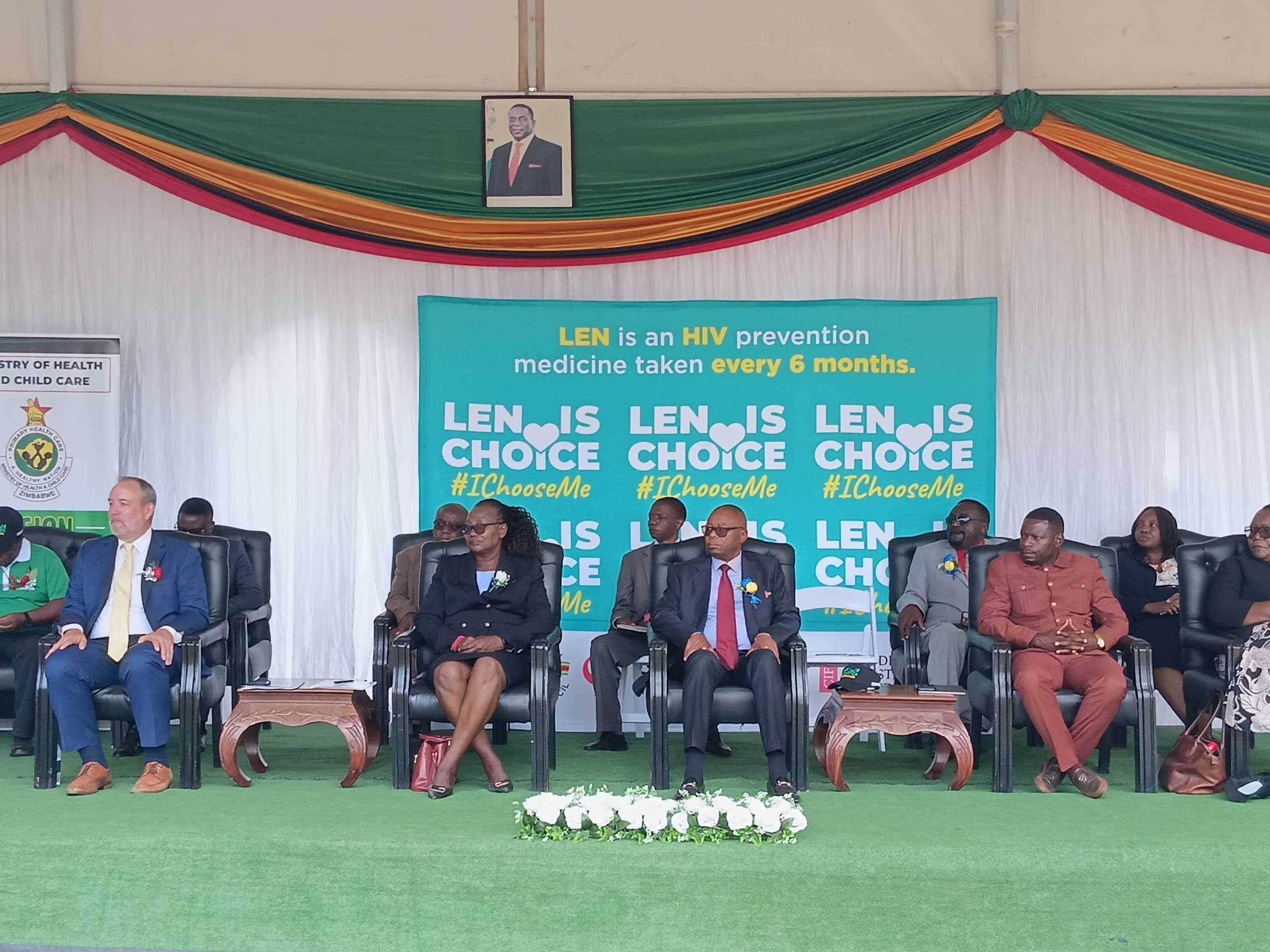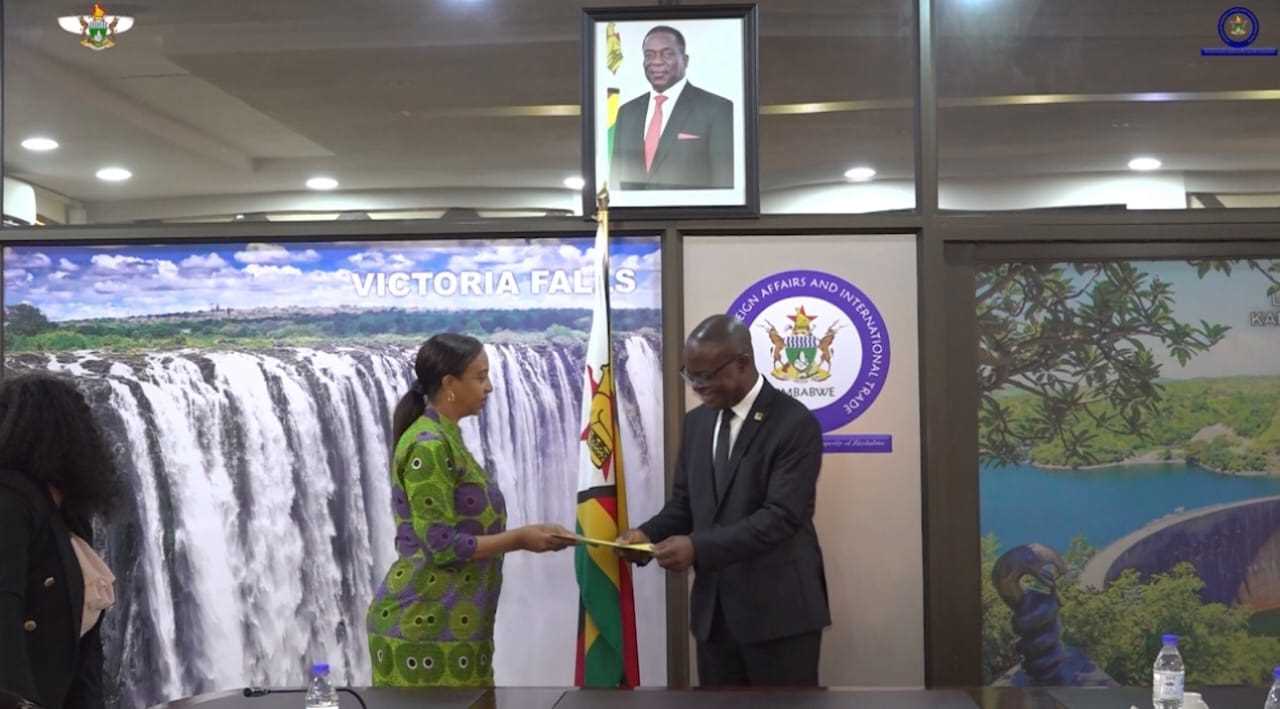
Rural communities expect better healthcare following the recent commissioning of a virtual hospital in Chirumanzu, ZBC News has reported.
The facility, part of a network of 22 similar telehospitals established nationwide is bringing virtual consultations to rural populations.
The initiative, is the result of a partnership between local telecommunications giant NetOne and Zimstart Village.
The program seeks to bridge the urban-rural healthcare gap by enabling patients to consult with doctors remotely, thereby reducing the burden of long-distance travel to major hospitals.
For the people of Chirumanzu, the new facility is already making a difference.
“We are now experiencing the same facilities they have in big cities. We are witnessing massive changes in our area,” said one enthusiastic villager.
Another community member, an elderly woman, expressed her relief at the convenience the telehospital brings. “. Some of us, due to old age, need constant health checkups. Now this is going to be easy.”
Related Stories
Minister of Tourism and Hospitality Industry, Honourable Barbra Rwodzi, emphasized the broader vision behind the project to ensure rural communities receive quality healthcare, particularly for ailments like cancer and chronic diseases.
A telemedicine hospital operates by using digital technology to provide remote medical consultations and healthcare services. Here’s how it typically works:
Virtual Consultations – Patients visit a telemedicine facility where they connect with doctors via video conferencing or audio calls. A trained healthcare worker assists them in using the technology.
Remote Diagnosis and Prescriptions – Using digital health records, doctors assess symptoms, review patient history, and make diagnoses. If medication is needed, electronic prescriptions are provided.
Vital Signs Monitoring – The facility is equipped with devices that measure blood pressure, heart rate, oxygen levels, and other vitals. The data is transmitted to the consulting doctor for analysis.
Specialist Access – If a general practitioner identifies a complex case, they can refer the patient to a specialist in a nearby location to minimise travel.
Electronic Health Records – Patients' medical data is stored digitally, allowing for seamless follow-ups and continuity of care.
Emergency Response Support – In urgent cases, the telemedicine hospital can facilitate quick referrals to the nearest physical hospital.




















Leave Comments